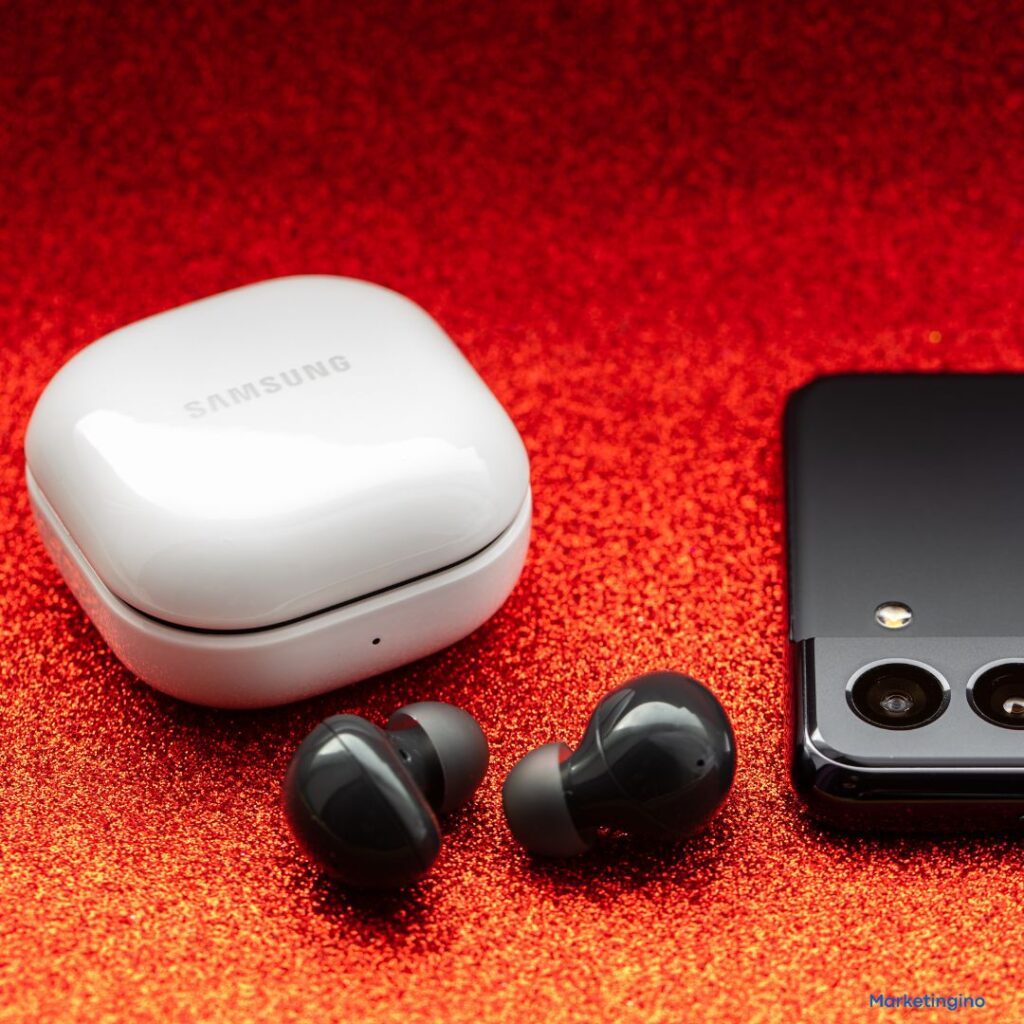Samsung, one of the world’s leading technology companies, has built its reputation through innovative products, cutting-edge technology, and effective marketing strategies. This article delves into the core elements of Samsung’s marketing strategy that have helped the company maintain its position as a global leader.
Brand Positioning
Samsung positions itself as a premium brand offering high-quality, innovative products across various segments, including smartphones, consumer electronics, and home appliances. The company’s tagline, “Inspire the World, Create the Future,” reflects its commitment to innovation and leadership in technology. By consistently delivering top-tier products, Samsung has managed to build a strong brand image that appeals to both tech enthusiasts and everyday consumers.
Product Diversification
One of Samsung’s key strategies is its extensive product diversification. Unlike many of its competitors, Samsung offers a wide range of products, including:
- Smartphones: From flagship models like the Galaxy S and Note series to budget-friendly options like the Galaxy A series.
- Consumer Electronics: Including smart TVs, refrigerators, washing machines, and more.
- Semiconductors and Display Panels: Providing components for other manufacturers, including rivals.
This diversification not only helps Samsung cater to a broad audience but also mitigates risks associated with market fluctuations in any single product category.
Innovation and R&D Investment
Samsung invests heavily in research and development (R&D) to stay ahead of the competition. The company’s commitment to innovation is evident in its introduction of groundbreaking technologies such as foldable smartphones, 8K televisions, and advanced semiconductor solutions. Samsung’s R&D expenditure is among the highest in the industry, ensuring a continuous pipeline of cutting-edge products that meet evolving consumer needs.
Marketing and Advertising
Samsung’s marketing campaigns are designed to highlight the unique features and benefits of its products. The company uses a mix of traditional and digital marketing channels to reach a wide audience. Key elements of Samsung’s marketing strategy include:
- High-Profile Launch Events: Samsung’s Unpacked events are highly anticipated, generating significant media coverage and consumer interest. These events showcase the latest innovations and set the stage for product launches.
- Celebrity Endorsements and Influencer Partnerships: Collaborations with celebrities and influencers help Samsung connect with different demographic groups and enhance brand appeal.
- Creative Advertisements: Samsung’s advertisements are known for their creativity and ability to highlight product features effectively. The company leverages both emotional and rational appeals to resonate with consumers.
Global Reach and Localization
Samsung’s marketing strategy is globally oriented, but the company also understands the importance of localization. By tailoring its marketing efforts to suit local cultures, preferences, and languages, Samsung ensures that its products and campaigns are relevant and appealing to diverse markets. This localization strategy has been particularly effective in markets like India, where Samsung has launched region-specific products and campaigns to cater to local tastes.
Strategic Partnerships and Sponsorships
Samsung engages in strategic partnerships and sponsorships to enhance brand visibility and credibility. The company sponsors major sporting events, including the Olympic Games and football leagues, leveraging these platforms to reach a global audience. Additionally, partnerships with other tech companies and content creators help Samsung expand its ecosystem and offer integrated solutions to consumers.
Customer Engagement and After-Sales Service
Samsung places a strong emphasis on customer engagement and after-sales service. The company uses social media platforms to interact with customers, address their concerns, and provide support. Additionally, Samsung’s extensive network of service centers ensures that customers have access to reliable after-sales service, reinforcing brand loyalty and trust.
Sustainability and Corporate Social Responsibility (CSR)
In recent years, Samsung has increased its focus on sustainability and CSR initiatives. The company is committed to reducing its environmental impact through eco-friendly products and sustainable manufacturing practices. Samsung’s CSR activities, including educational programs and community support initiatives, enhance its brand image and demonstrate its commitment to making a positive impact on society.
Samsung’s marketing strategy is a comprehensive blend of innovation, product diversification, effective advertising, and customer-centric approaches. By continually adapting to market trends and consumer preferences, Samsung has maintained its status as a global technology leader. The company’s focus on quality, innovation, and customer satisfaction ensures that it remains at the forefront of the industry, inspiring and shaping the future of technology.



